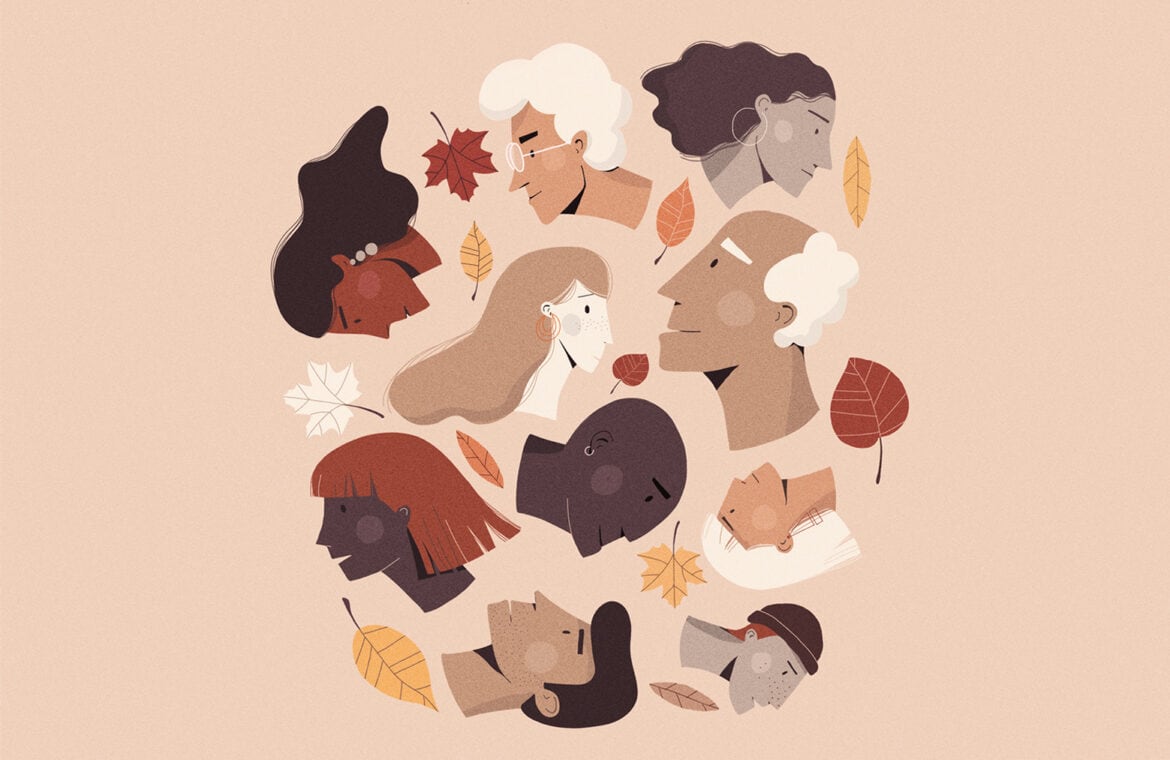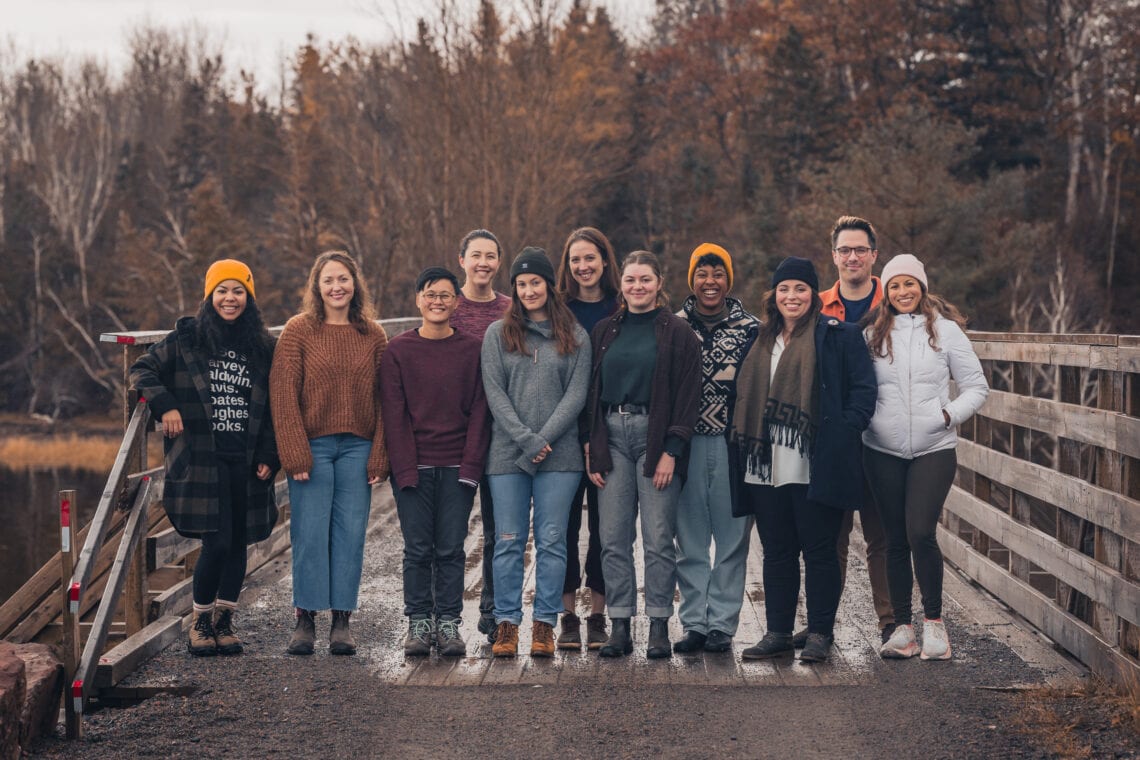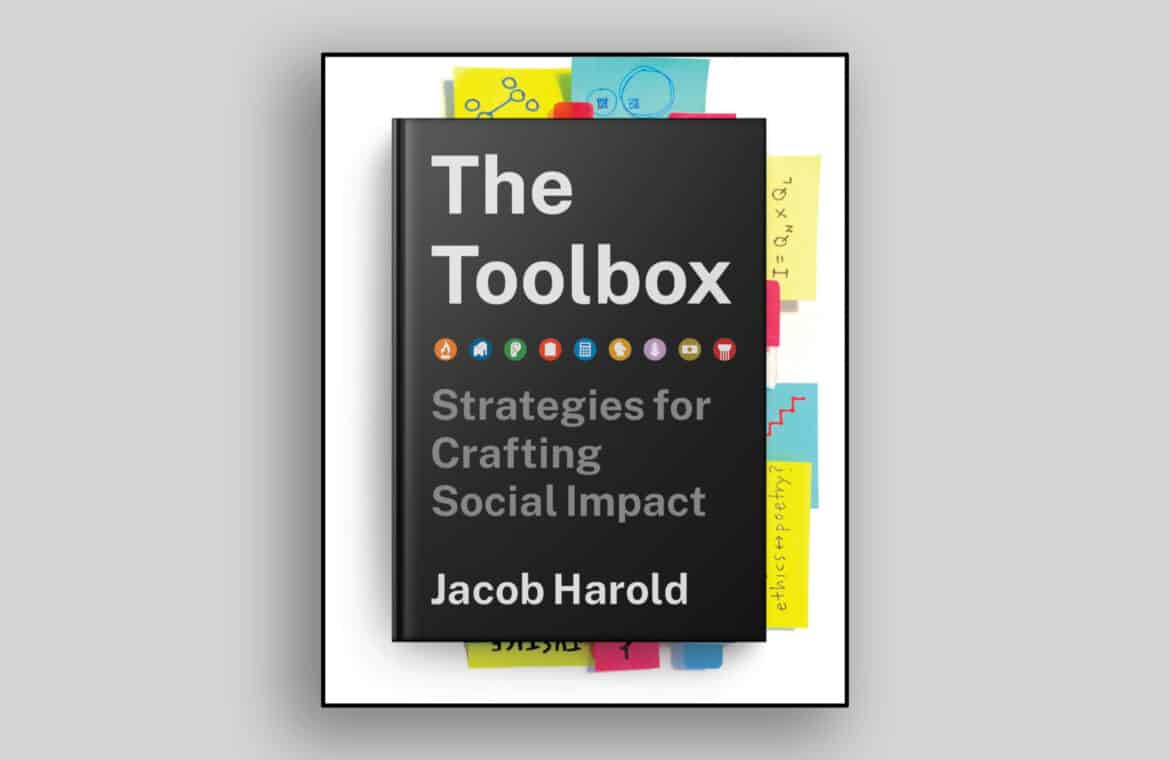Why we need the CRA to publish advancement of religion guidance
With almost 40% of the registered charities in Canada religious charities, failure to release the guidance has tangible implications for many organizations trying to comply with federal income tax and common law requirements.






